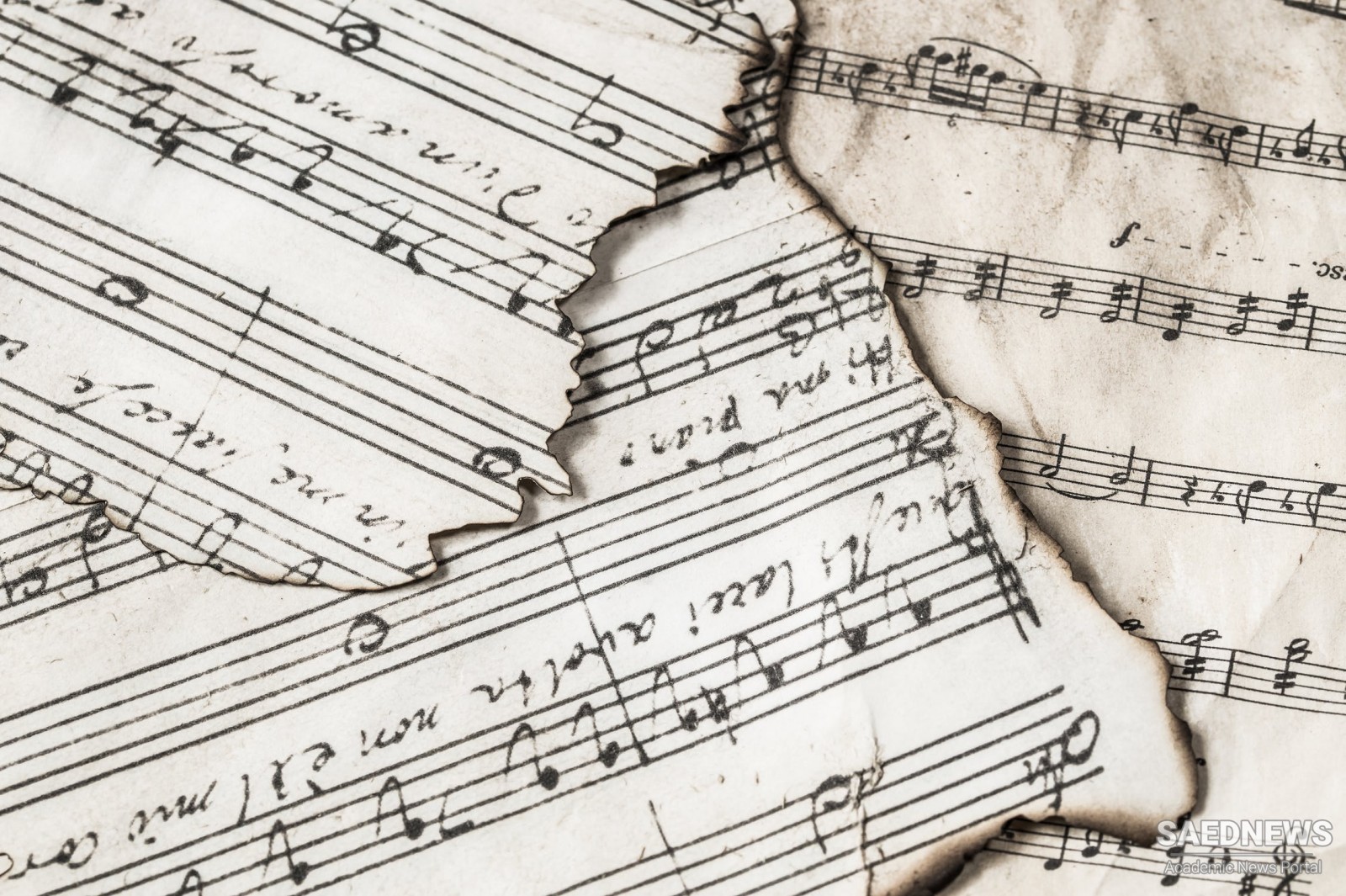THE feeble beginnings of whatever afterwards becomes great or eminent, are interesting to mankind. To artists, therefore, and to real lovers of art, nothing relative to the object of their employment or pleasure is indifferent. Sir Francis Bacon recommends histories of art upon the principle of utility, as well as amusement ; and collecting into one view the progress of an art seems likely to enlarge the knowledge, and stimulate the emulation of artists, who may, by this means, be taken out of the beaten track of habit and common practice, to which their ideas are usually confined.The love of lengthened tones and modulated sounds, different from those of speech, and regulated by a stated measure, seems a passion implanted in human nature throughout the globe ; for we hear of no people, however wild and savage in other particulars, who have not music of some kind or other, with which we may suppose them to be greatly delighted, by their constant use of it upon occasions the most opposite : in the temple, and the theatre ; at funerals, and at weddings ; to give dignity and solemnity to festivals, and to excite mirth, chearfulness, and activity, in the frolicsome dance. Music, indeed, like vegetation, flourishes differently in different climates ; and in proportion to the culture and encouragement it receives ; yet, to love such music as our ears are accustomed to, is an instinct so generally subsisting in our nature, that it appears less wonderful it should have been in the highest estimation at all times, and in every place, than that it should hitherto never have had its progressive improvements and revolutions deduced through a regular history, by any English writer.


 Musical Relevance of Folk Music
Musical Relevance of Folk Music














































